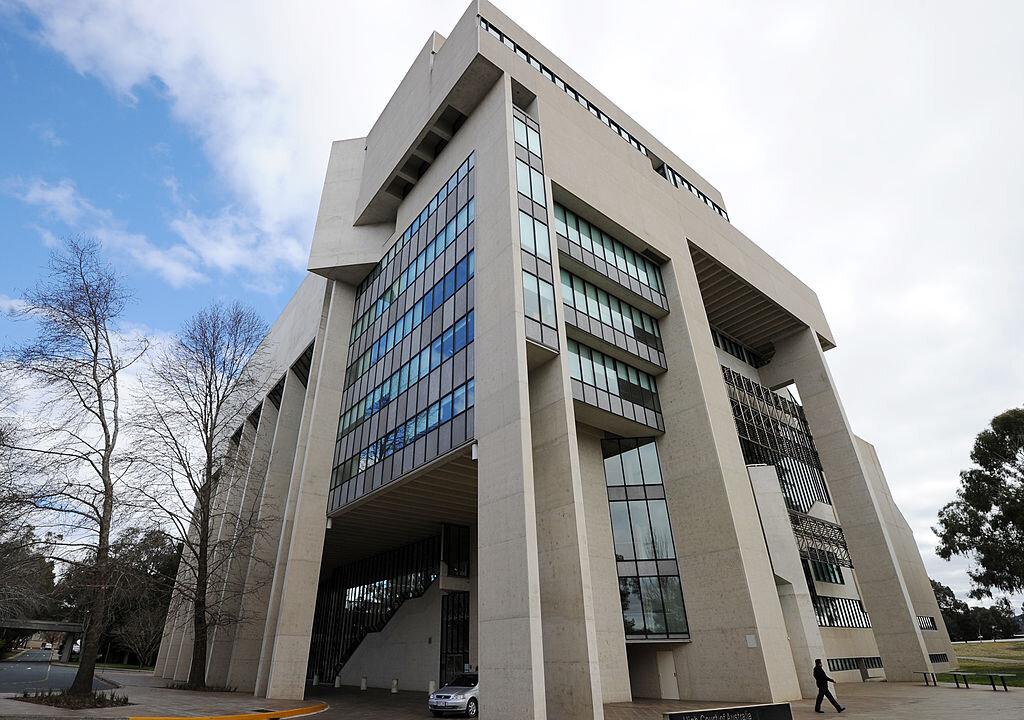The government has won a crucial victory in the High Court which will prevent the release of as many as 200 more immigration detainees.
The case was brought by a detainee known by the pseudonym ASF17, an Iranian citizen, who sought his release from detention on the basis that he fears harm in Iran due to his bisexuality.





